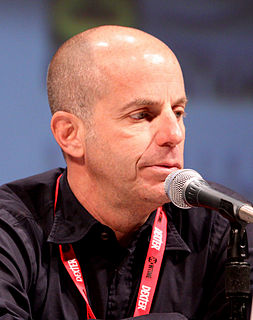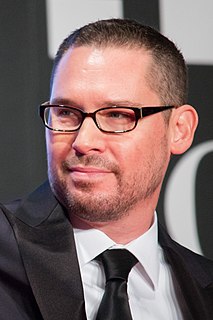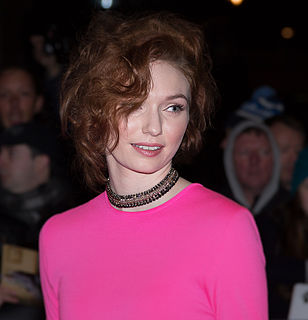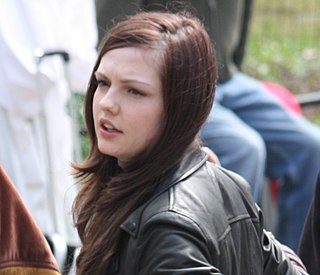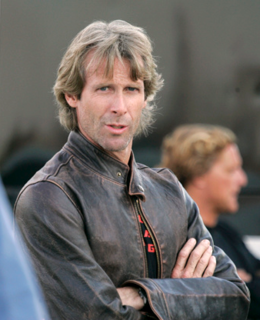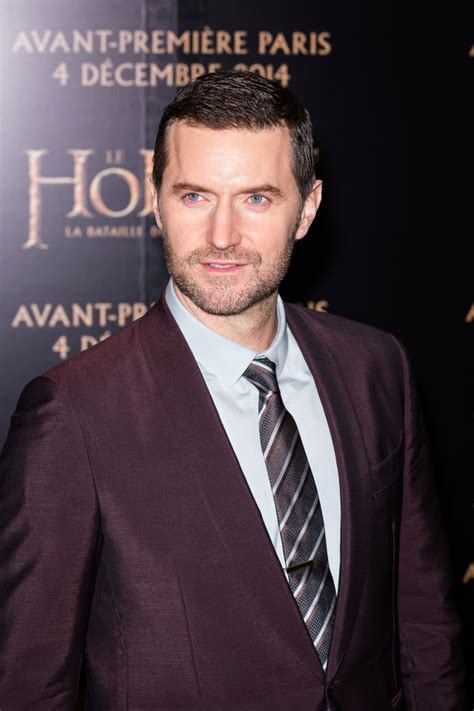A Quote by Neal H. Moritz
If I'm shooting actually a live-action movie and I feel like I can get the shots that I need with the existing 3D cameras, then I see there is no reason to not use those-to not shoot it in 3D. But there are limitations to the 3D cameras in terms of the amount of them, in terms of the size of them, in terms of where you can actually shoot them. There are definitely limitations so you have to weigh the costs. And you have to weigh also what ultimately what creatively you want to get.
Related Quotes
When we wrapped Resident Evil, we were a 3D movie, but it was no big deal. And then, Avatar came out and the whole of Hollywood was like, "Look at these grosses! 3D is huge. Let's all be 3D!" We just got on with doing what we were doing, which was making what we think is a really quality, kick-ass 3D movie, and we'll really be the first live-action 3D movie of the year.
3D, the ever-changing 3D. It's great. It's been really interesting. My family came to the set a few times, and I see them with their 3D glasses on. It's lovely to have them there and be a part of it, and see the magic that we're playing with, because it really is incomprehensible until you see it on a 3D screen.
Now 3D is no longer a fad but I don't get all crazy about it and say that everything has got to be in 3D. It is a nice tool, like color or sound or whatever. I was quite intrigued and I learned, 3D opened up a lot of questions about how to use it. I think it is great. It's like if a movie needs to be in black and white then that's how I will shoot it. I see color as just another character or black and white as a character.
You cannot do everything you want with the 3D camera, it's too big, and the digital quality of those cameras is a little bit limiting. With film, you have a lot more subtly, like with highlights and color. In terms of sharpness they (both formats) are very close; but in terms of nuance, of color and contrast, film is far superior.
What makes a mockery of a lot of these 3D conversions, where they're shot in 2D and converted to 3D. Having laid a real 3D movie, you realize that it's right in the production design. You design sets that enhance the 3D and you design interactive elements, like the rain or smoke. If you're shooting 2D, you don't know about that.
3D needs a trained eye. It can't be done by everybody. People who just do 3D just for the sake of commercializing their movie another five or six percent and they don't know really how to do it, they should care how to do it better by bringing other directors and collaborators into their lives to help teach and instruct how you really make a 3D movie because it's not just like putting a new lens on a camera and forgetting it. It takes a lot of very careful consideration. It will change your approach to where you put the cameras. So, 3D isn't for everybody.
3D is very exciting. I love it. I'm a complete convert. Everything for me, from now on, is 3D. I'm completely convinced it's the future of home entertainment, as well as cinema entertainment. I think it's a paradigm shift, in terms of cinema, and those things don't happen very often. The introduction of sound, the introduction of color photography and now 3D have been the big shifts. They happen once every 40 or 50 years, so it's very exciting to be a filmmaker, working while one of them is happening.
